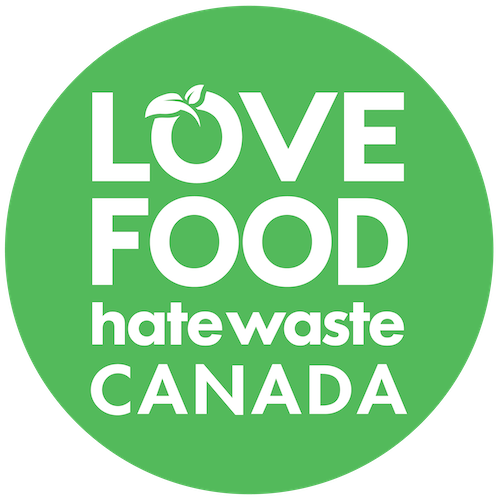Council Sets a Framework for Canada
The fight against food loss and waste (FLW) calls for a systems approach to change that combines policy and practice.
The National Zero Waste Council has responded with A Food Loss and Waste Strategy for Canada. This guide for collaborative action was developed through extensive consultation with the Canadian agri-food sector, government, community organizations, and international FLW leaders.
Attention is paid to points of production, processing and distribution, where FLW is highest. The Strategy considers the challenges of Canada’s vast geography and sparse population centres, and the links between FLW and climate change.
Recommendation highlights from the report include:
- Increased measurement and monitoring
- Changes to date labelling
- Processing that rethinks food product types, considers packaging needs, and embraces innovative technology
- Removal of barriers to surplus food recovery through gleaning and charitable networks
- Elimination of financial, legal and policy obstacles surrounding food donations
Current Initiatives
Love Food Hate Waste
The Council and core partners lead a national, consumer-facing food waste reduction campaign. Visit
Love Food Hate Waste Canada for simple tips and ideas to help you reduce food waste at home.
Circular Food Hubs: Mainland Nova Scotia
The National Zero Waste Council’s work on food loss and waste, and circular food systems, has led to the identification of place-based circular food hubs as critical to advancing a circular food system in Canada. A circular food hub connects stakeholders across the food system to ensure food loss and waste is prevented by following circular economy principles of designing out waste and pollution, circulating resources, and regenerating natural systems.
In collaboration with
Circular Opportunity Innovation Launchpad (COIL),
Halifax Regional Municipality, Halifax Food Policy Alliance, and others, the Council is leading support for the development of food hubs in mainland Nova Scotia that integrate circularity and food loss and waste (FLW) prevention. Insights from this project will be reported out from Nova Scotia to leverage key learnings and facilitate peer-to-peer engagement for place-based circular food hub development across Canada.
Explore upcoming events and project resources.

Circular Food Systems
As a founding member of Circular Economy Leadership Canada, the National Zero Waste Council is part of the
Circular Food Systems work stream.
The Council collaboratively produced a research report, Circular Food Solutions in Canada: A Coast to Coast Landscape Scan. This report presents snapshots of circular food system solutions found in Canada, focusing mostly on examples which have not previously been profiled in published resources. A follow-up virtual workshop with key stakeholders from across Canada was held to explore the opportunities and challenges to accelerating a circular transition in Canadian food systems.
Explore the workshop recordings and resources.